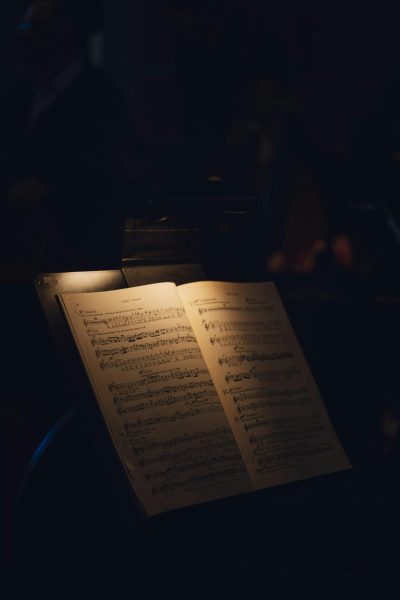Why aren’t students saying the pledge of allegiance much anymore?
The Pledge of Allegiance came into place in 1942 when the congress adopted it as a pledge, a year later rules were put in place that requiring a person to say the pledge is violating the first and fourteenth amendments. Ever since then students have been reciting the 31 words everyday since kindergarten, but what about now? Why aren’t today’s students standing when asked? Are society and trends like NFL players taking a knee at games during the National Anthem influencing ideas for not participating anymore? Being a teenager in the U.S. school system, you’ve most likely been saying the pledge since you were about 6 unless you’ve been opted out due to religious reasons, but with that being said, it’s like we’ve been reciting these words since forever. In 2018 teens aren’t as open minded to politics and they may not be aware of why the pledge of allegiance is so important and with the state of the country, it’s good to have a sense of what america stands for.
Though the pledge is often said in a zombiesque manor, some choose not to say it at all. Brian Pellot of Religious News Service stated “The idea of pledging my loyalty to a piece of cloth symbolizing a federation of states under a republican system of government seemed like a big ask. I was only twelve. Students half my age were making the same commitment. Were we really mature enough to take such a hefty oath?” He’s basically stating that it makes no sense to say the pledge if you don’t understand what you’re pledging for. He also expressed the line about liberty and justice for all saying those were the only words he could stand behind. Reciting the pledge isn’t exactly legally required, but it’s socially and culturally expected by peers, especially teachers and other adults at school. It’s possible to feel a sense of guilt by being the only student sitting down. It’s a constitutional right to sit and be quiet during the pledge. Two students were anonymously interviewed and both had totally different reasons as to why they don’t say the pledge. Student A stated the most common reason: “It’s just too early in the morning to speak and I get tired of saying the same thing every morning of my life” but Student B had a unique reason saying: “I stand up during the pledge out of respect for the people who fight for our country, but I don’t put my hand over my heart, because we aren’t truly free. I say this because we get promised all these freedoms in the bill of rights, but they have all gotten taken away from this” Student B had a more mature opinion which most people can agree with. Although these students are against saying the pledge for different reasons, there are other justifications for actually saying the pledge such as standing for fallen soldiers, to salute the flag, and for being in a united country.
Finally, it may be concluded that most teens don’t prefer saying the pledge due to laziness or having a strong political outlook on the topic. It is agreed that it is a bit odd for younger children to say the pledge without being fully aware of what they are taking an “oath” for the country. While not saying the words can fill you with guilt, if you actually say the words without meaning, there’s a feeling of uncertainty and force.




